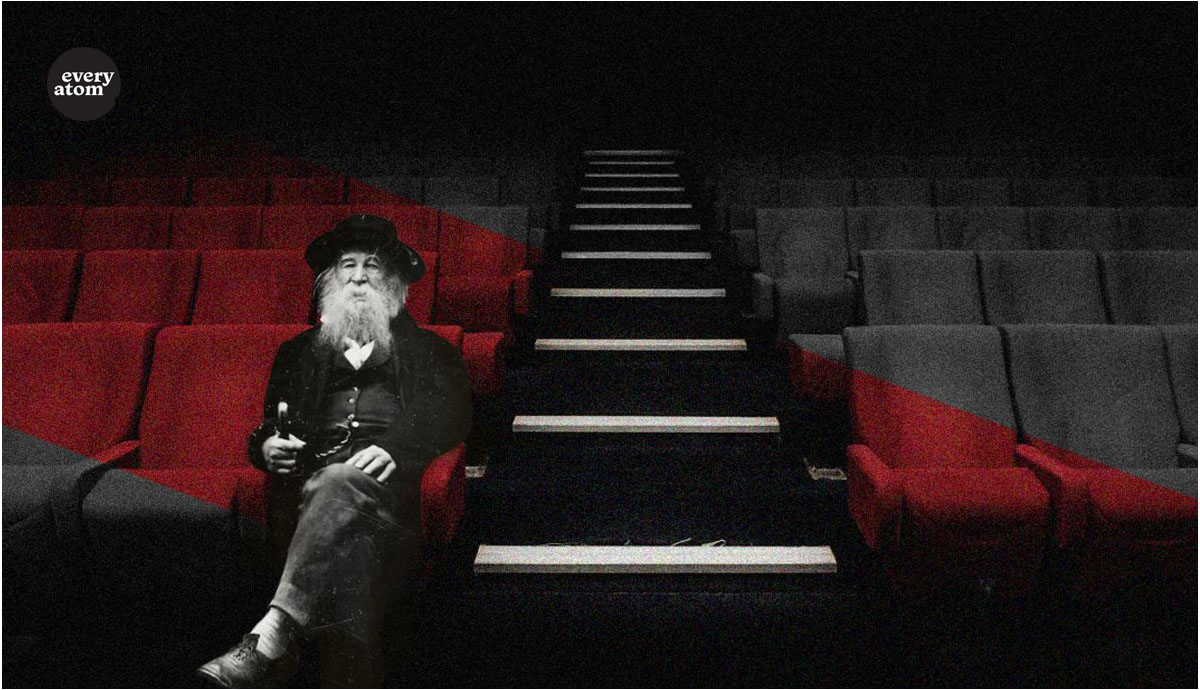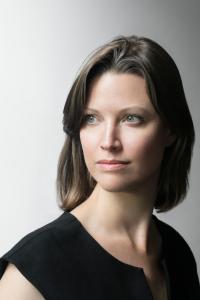Every Atom | No. 133
Introduction to Every Atom by project curator Brian Clements

Find your own genius, Whitman commands. If you sit with me, you drink deep, you fill yourself up at the well. Plant yourself in the earth and grow.
The first meeting of the Transcendental Club, which included Ralph Waldo Emerson, Henry David Thoreau, and Bronson Alcott, met to discuss “American Genius.” America still considered European culture the high water mark. Walk through the Bowery on a Saturday night in the mid-19th century and you could choose from at least a dozen Shakespeare plays. The Transcendental Club, a precursor to the movement, wanted to peel back the rind of criticism from Coleridge, Carlyle, Goethe, deStael, and other Europeans who had dubbed themselves the high-priests of poetry. If Transcendentalism as a religion wanted to empower man to seek for the godhead in himself, they also hoped to repossess the sacred power of poetic language.
But the transcendentalists’ heady logic could get bogged down in hypotheticals, trying to think their way out of the maze. They wondered, what would American culture have looked like without Shakespeare’s long shadow? But there was no way to avoid Shakespeare. Whitman loved his work and carried a cheap, battered copy of the Sonnets or one of the plays around with him, dipping into it, then going to the theatre to compare the play onstage with the one in his head. He was on the hunt for American genius, and when he found it he shouted about it in his columns at the Brooklyn Eagle, where he was editor. He was one of the first to recognize the talent of the young American Shakespearean actress Charlotte Cushman. “We consider it a shame,” he wrote, “that such a woman as Charlotte Cushman, should ever have been allowed to be superseded by the fifth rate artistic Trash that comes over to us from the old world!” Though Whitman recognized the “towering grandeur of her genius” most Americans ignored her until London audiences gave her the European stamp of approval. He appreciated the way the Bard came to life under her touch. As biographer Gamaliel Bradford wrote in the North American Review in 1925, Cushman “vibrated to the subtle and varied rhythms of Shakespeare, and so made others vibrate as she did.”
Whitman considered himself Shakespeare’s equal, or at least found this pose a liberating one. Hierarchies of taste bored him. Far from anxious, Whitman is in ecstatic conversation with Shakespeare and other literary ancestors, rather than seeing the world “through the eyes of the dead.” “There was never any more inception than there is now,” he writes, “nor any more heaven or hell than there is now.”
Recommended
Nor’easter
Post-Op Appointment With My Father
Cedar Valley Youth Poet Laureate | Fall 2024 Workshop






